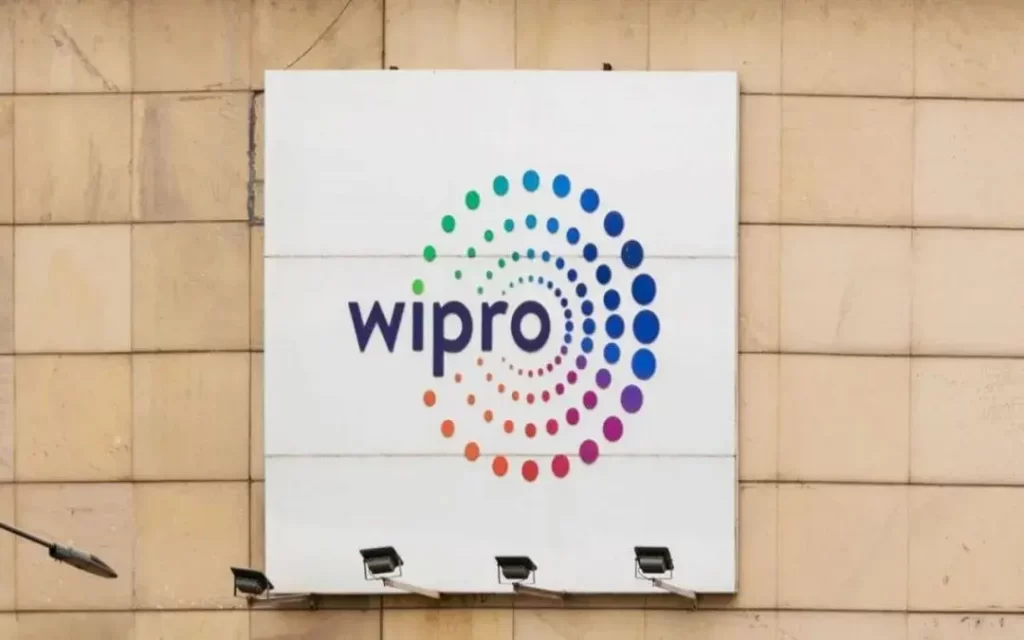China’s M&A Market Rebounds Amid Stimulus Measures and Trump Tariff Pressure
China’s mergers and acquisitions (M&A) market is witnessing a resurgence after years of decline, driven by government stimulus measures and mounting pressure from U.S. tariffs imposed by former President Donald Trump. After five consecutive years of declining deal volume, China’s M&A activity surged in the final quarter of 2024, with deal value rising by 78.5% to $129 billion from the previous quarter’s $72 billion, according to Dealogic. Industry experts attribute this uptick to stimulus policies introduced in September 2024, aimed at consolidating domestic industries and strengthening China’s economic competitiveness. Despite this positive momentum, China’s total M&A deal value in 2024 remained nearly 45% lower than in 2020, when it reached $553 billion. Economic slowdown and cautious corporate strategies have contributed to a conservative investment approach in recent years, said Theodore Shou, chief investment officer at Skybound Capital. However, experts predict 2025 will bring a major shift, with increased M&A activity as Chinese firms adapt to fresh tariff challenges. Trump’s new 10% tariffs on Chinese goods, effective from February 4, have compounded existing levies of up to 25%. This has intensified the need for companies to diversify supply chains and seek strategic mergers to maintain global market relevance. Deloitte’s APAC M&A Services Leader, Stanley Lah, noted that consolidation is the fastest way for businesses to restructure amid trade pressures. Smaller enterprises, in particular, are feeling the strain, as indicated by a 4.8% drop in their revenue in Q3 2024, per Peking University’s Centre for Enterprise Research. With increasing deal activity and evolving trade dynamics, 2025 is poised to be a crucial year for China’s corporate landscape. Source: CNBC
China’s M&A Market Rebounds Amid Stimulus Measures and Trump Tariff Pressure Read More »




